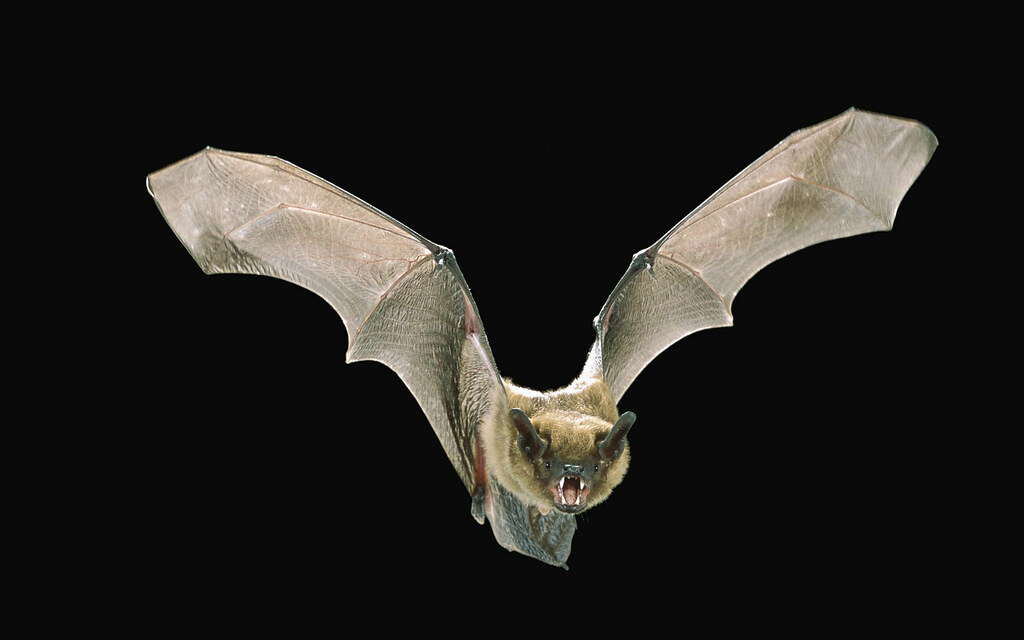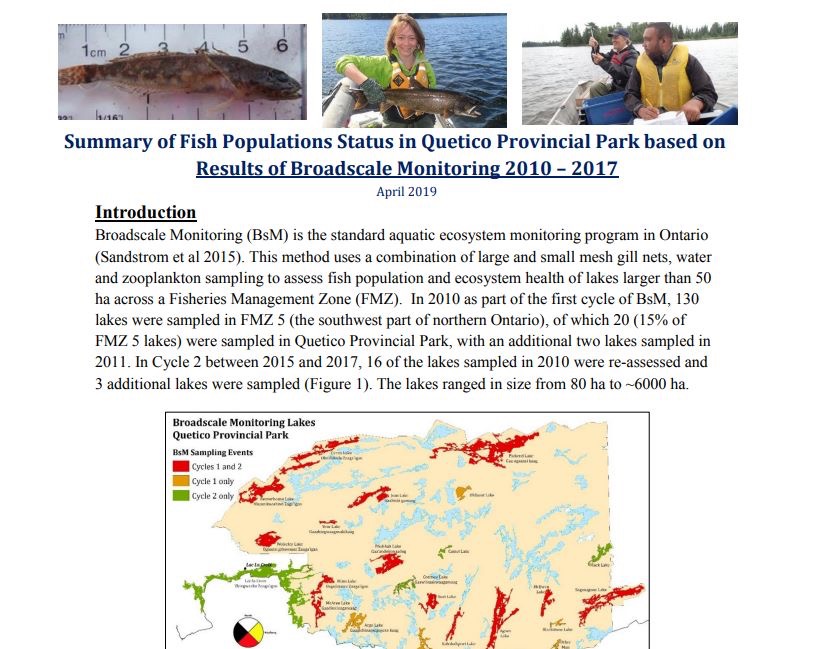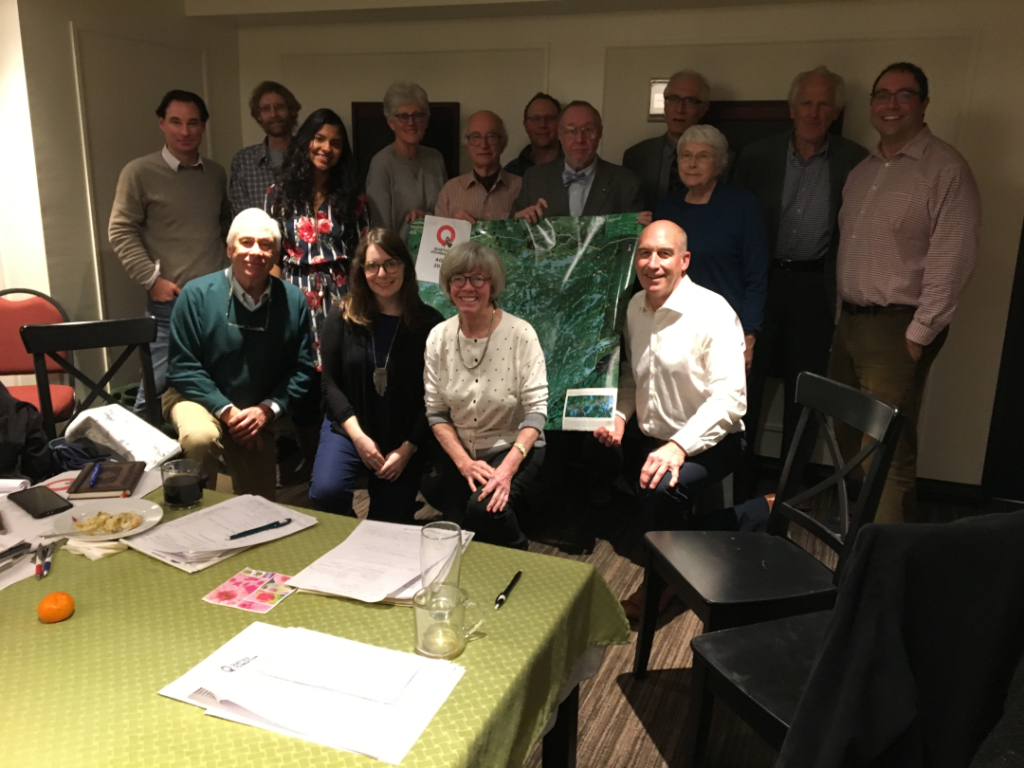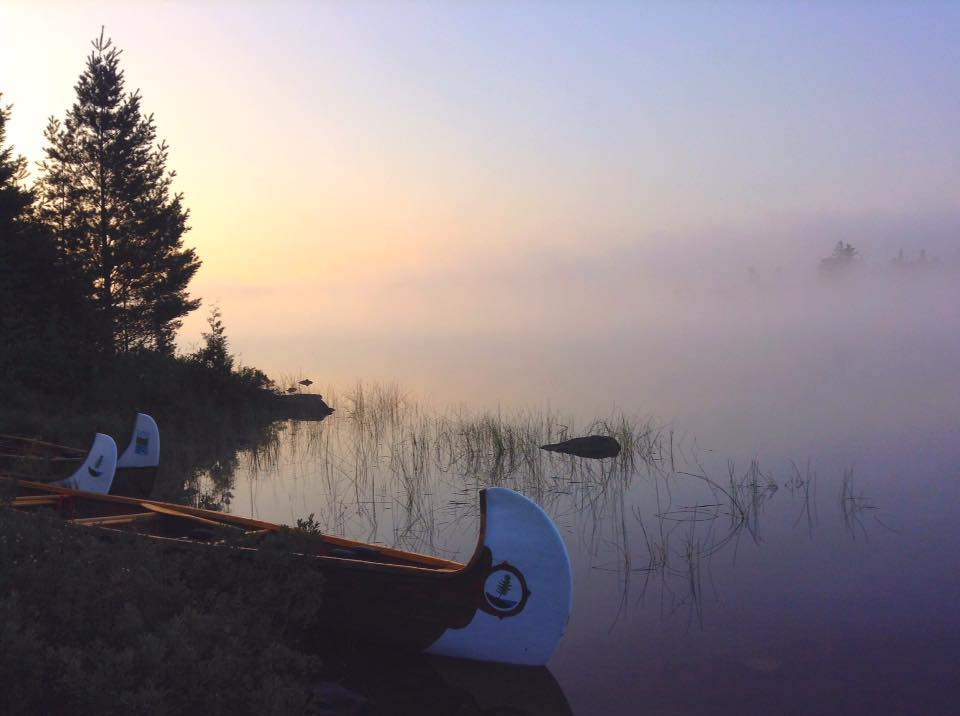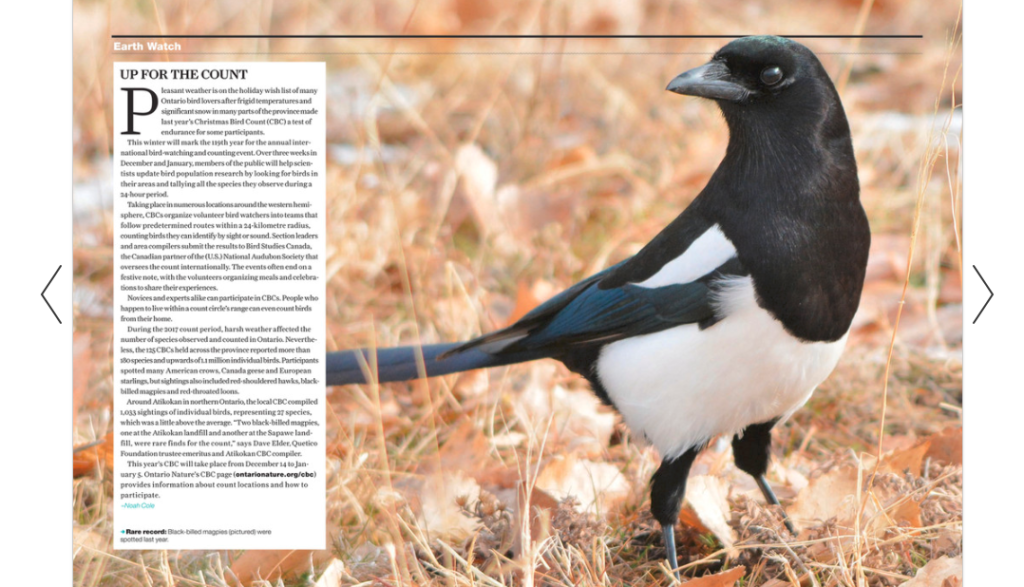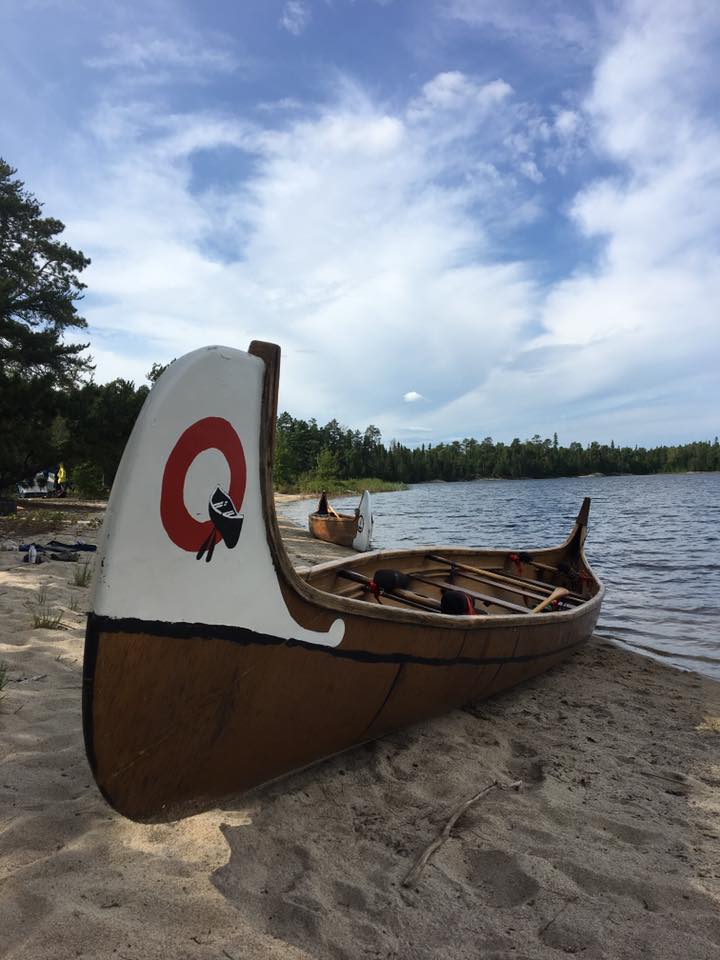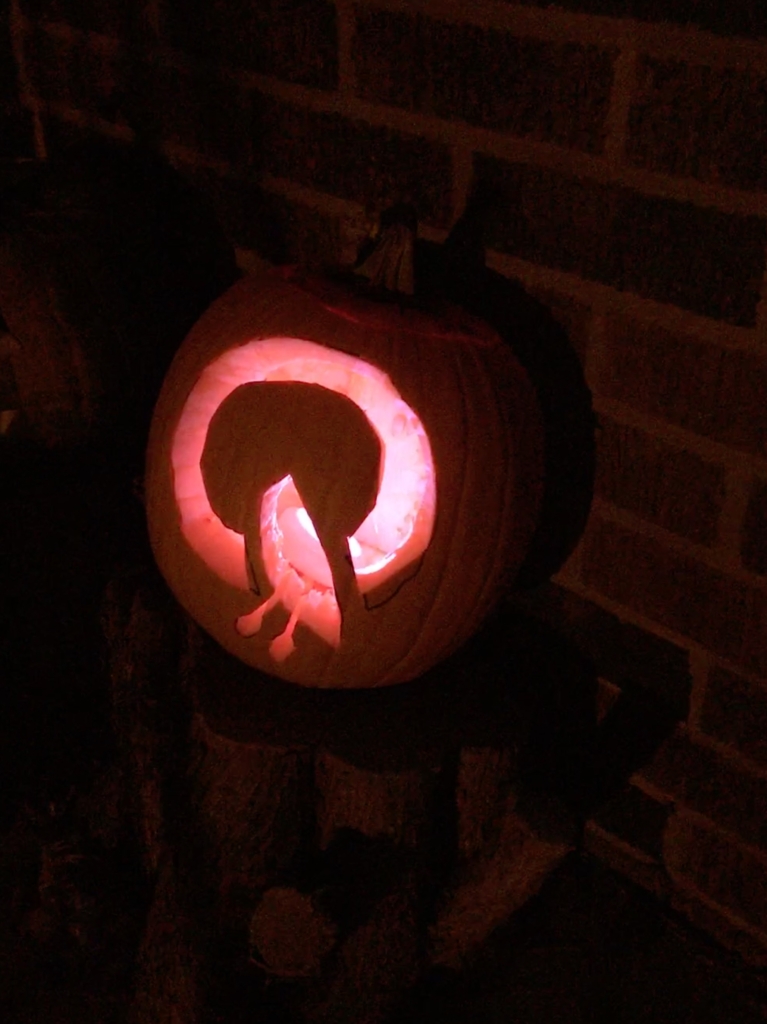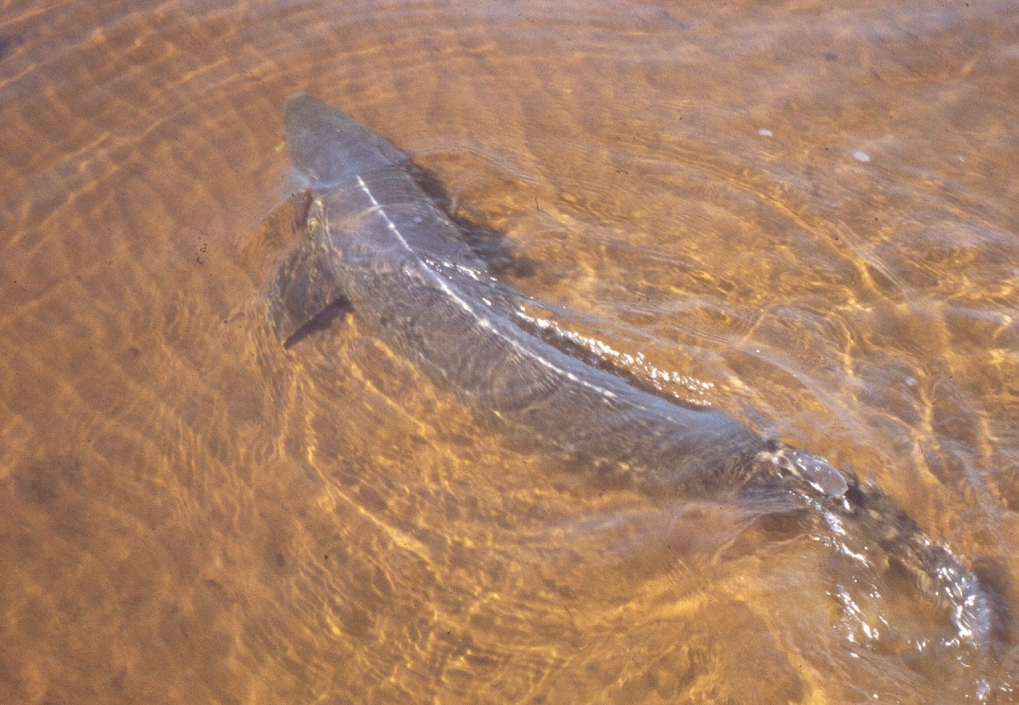
Lake sturgeon (Jeopardized Species At Risk) , Robert Elliott/USFWS
The province, northern Ontario and jeopardized wildlife in Ontario need your help. Ontario’s government announced its intention to gut the province’s Endangered Species Act (ESA). Please send an email to your MPP, make your views on the ESA known through the Environmental Registry or through Ontario Nature’s petition here: https://ontarionature.good.do/esa2/sign/ or https://ero.ontario.ca/notice/013-5033.
It’s easy to believe in a world of simplicity, where being “open for business” trumps all else. We all have to deal with complexity in our lives, with nuance, with ambiguity. We all want to live in a world where human livelihoods and nature can coexist.
We know that’s important when, in this very week, the UN issued a devastating report. It demonstrates that extinctions of organisms are now occurring at rates “tens to hundreds of times higher than the average over the last 10 million years”. As many as a million species are at risk of disappearing in the next few decades – About an eighth of all Earth’s life forms. For a summary, see: popsci.com/un-extinction-report-stats-climate#page-2.
However, just last month Ontario’s government announced its intention to gut the province’s Endangered Species Act (ESA). The provisions include: allowing developers to pay into a fund rather than do what is necessary to ensure the survival of an endangered species on a site; allowing sweeping authorizations for developers to undertake harmful activities in multiple locations; removing the requirement of the Minister to consult scientific experts on endangered species; allowing the appointment of non-scientists to the technical panel on endangered species conservation (COSSARO); allowing the minister to ask COSSARO to reconsider its recommendations on an arbitrary basis and on… and….. on. A commentary by Ontario Nature can be found at ontarionature.org/endangered-species-act-review-top-ten/.

